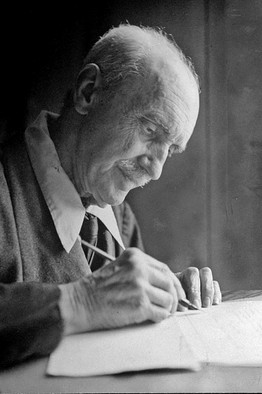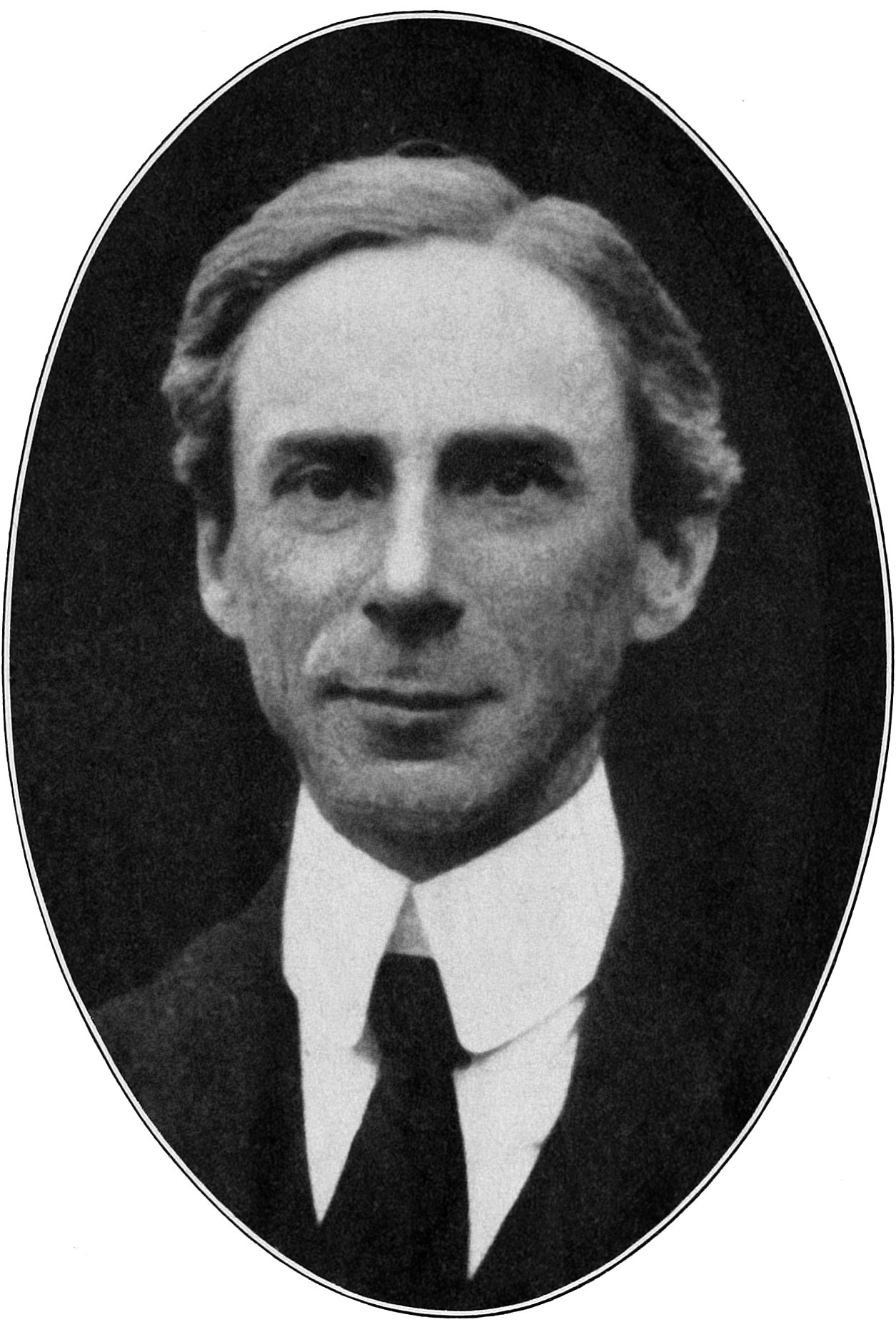To Bernard Berenson
Hotel Bristol
Rome. November 22, 1925
It is pleasant to hear that the Dialogues have entertained you. Why don’t you cut yourself a fresh quill and give us again a little of your own wisdom? There is a subject which I should be tempted to attack if people would listen to me, as they would to you, I mean aesthetic arrogance. We are living in an age of emancipated specialists, or of people who give out that they are specialists; and the public is not served, but bidden to believe and obey. These specialists, in other matters, are often persons of no culture or judgement, but one in physics, another in logic, another in economics, another in art, assure us that they are each of them infallible. . . . The liberty of craftsmen to amuse themselves and invent what toys they will, is one thing; the function of adorning a civilized city with the monuments and elegances which express its instinct, is quite another. But the result of anarchy in our society seems to be a crop of small persons who, by sheer effrontery, make themselves tyrants in their respective fields.
From The Letters of George Santayana: Book Three, 1921-1927. Cambridge, MA: The MIT Press, 2002.
Location of manuscript: Villa I Tatti, Settignano, Italy









